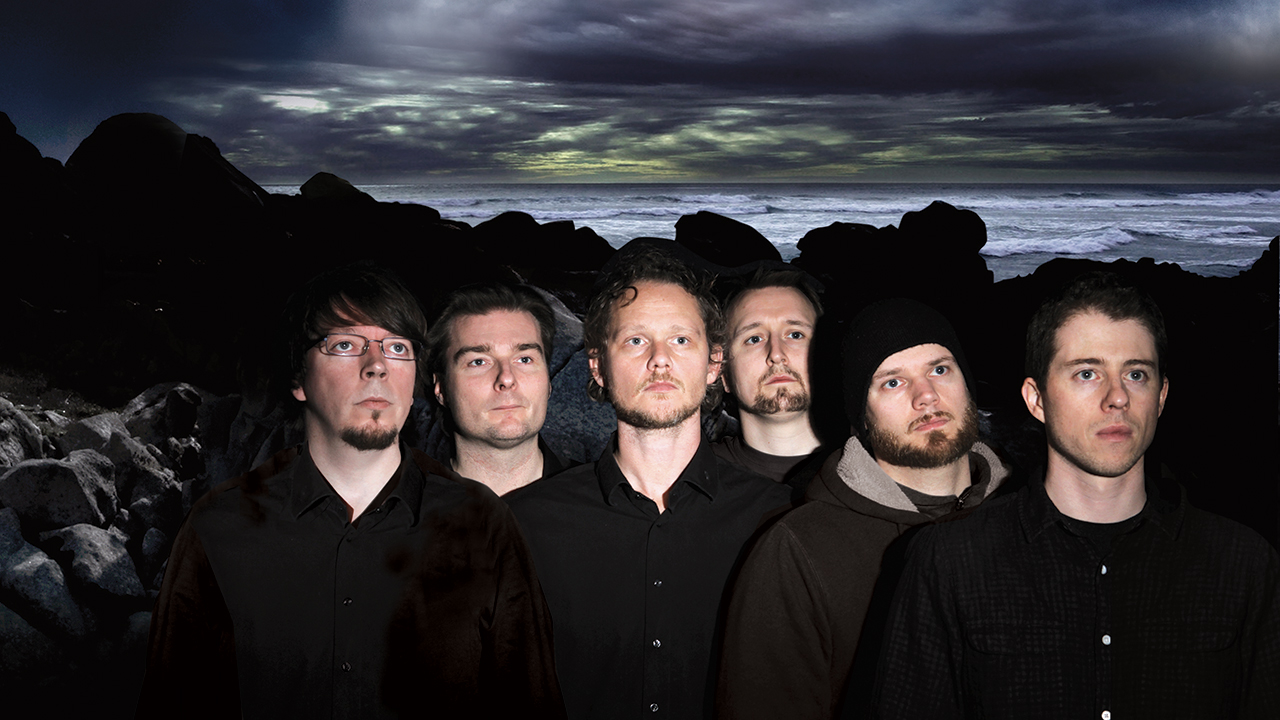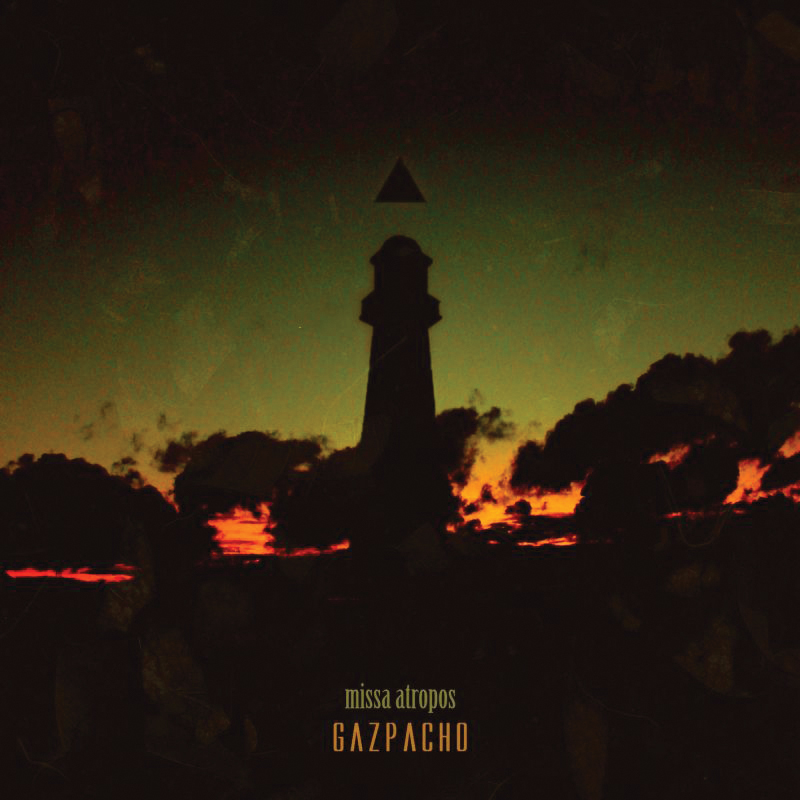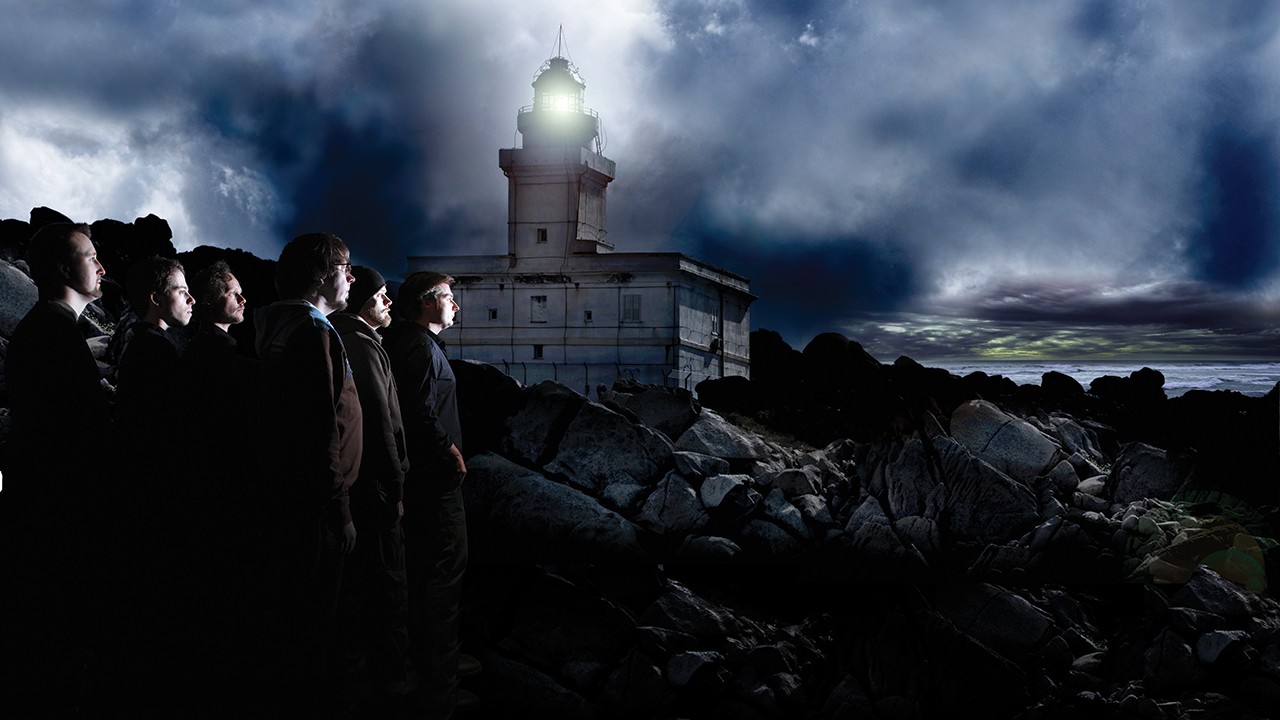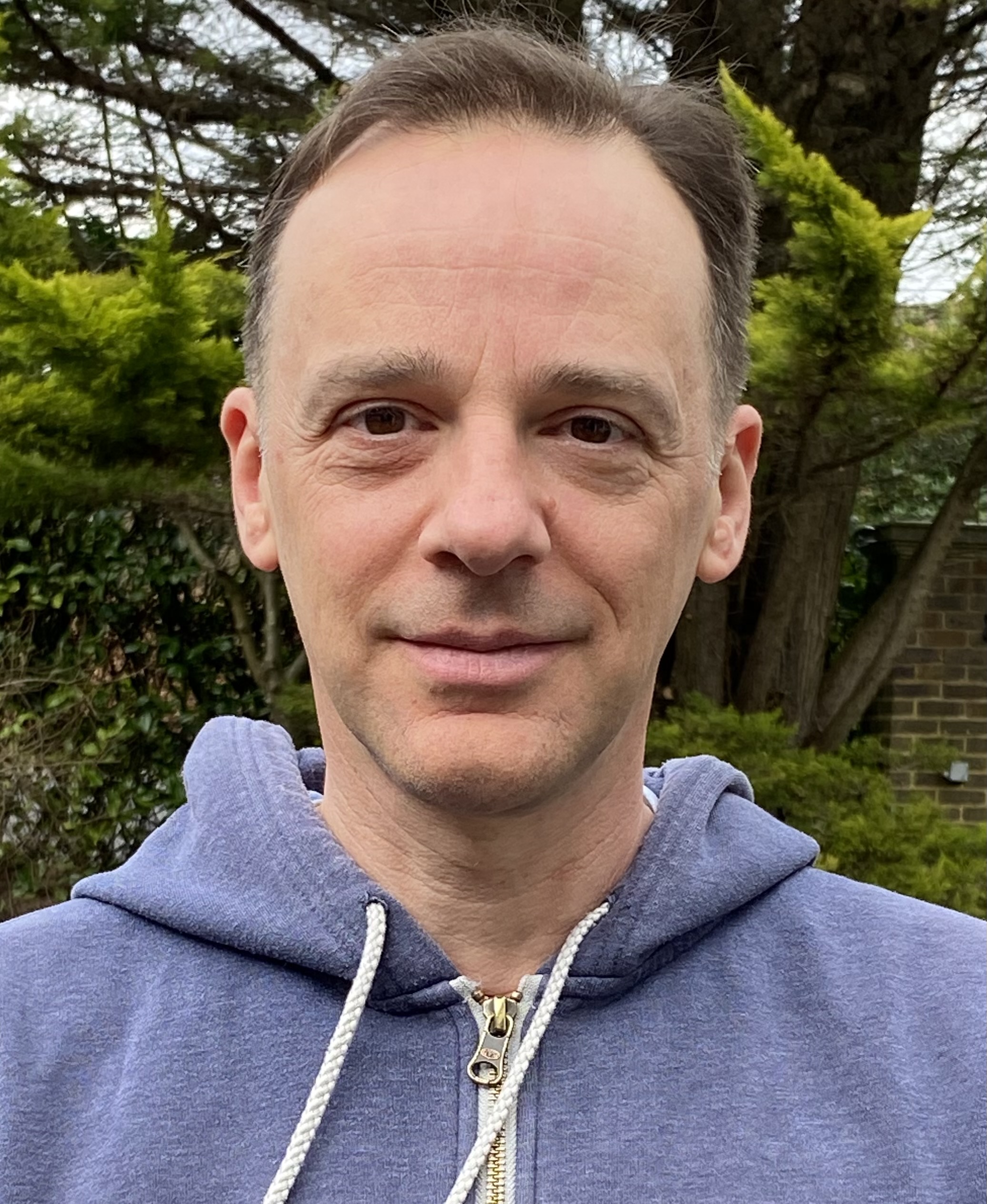Gazpacho and the strange saga of Missa Atropos
Norwegian art rock sextet Gazpacho discuss their 2010 concept album Missa Atropos

Overnight success is a rare occurrence in the modern prog world. And having formed a decade ago, Oslo sextet Gazpacho certainly aren’t the exception that proves the rule. Indeed their sixth album, Missa Atropos, is their first to be released on a major label, with the band having recently signed to KScope, home to Anathema, Blackfield, Porcupine Tree’s Steven Wilson, The Pineapple Thief et al.
“We hope that this is a natural next step for Gazpacho,” founder member and guitarist/programmer Jon-Arne Vilbo enthuses. “To start off with we were pretty much on our own. Then several years ago we teamed up with our management in Germany and got distribution in Germany, Austria, Switzerland and Holland. But what we’ve really been lacking is a company that believes in our music, can promote it well. There’s only so much we can do as individuals. We’re now at the stage when we need to take it a notch up.”
That said, Gazpacho’s unsigned status has previously abetted their creative independence. What’s more, as Vilbo readily confesses, the members of Gazpacho – Vilbo’s childhood friend Thomas Andersen (keys) along with Jan-Henrik Ohme (vox), Mikael Krømer (violin/mandolin), Lars Eric Asp (drums) and Kristian Torp (bass) – are not dependent on income from the band as they all have full-time jobs. The consequence is Gazpacho’s freedom to write music for their own satisfaction rather than pandering to commercial pressures. However it wasn’t always so and in the band’s earlier days they sent out numerous demos to record labels. But, by Vilbo’s admission, their first three albums derived very limited commercial success.

“We were still trying to figure out our style and were going in all directions. There are some gems on those records, but at the same time there are some songs that we don’t play live today. We were trying to think about the commercial market.” When their third album, 2005’s Firebird, underperformed in terms of sales, Gazpacho found themselves losing money and querying both their direction and the rationale for their existence. “The answer was solely because we enjoy music,” Vilbo affirms.
Having in turn concluded that “storytelling and creating atmospheres” were their core strengths, Gazpacho decided to focus their efforts accordingly. “Around 2007 we said ‘Fuck it’,” Vilbo remembers. More specifically and constructively, Gazpacho decided to write a concept album and that year’s Night – “a musical description of a dream or a stream of consciousness” – was the result. “The first track is 17 minutes long and in the beginning we would have said ‘We can’t do that!’ But we said ‘Screw it, let’s write music for ourselves’.” And since then Gazpacho have continued to revisit the fertile territory of the concept album exclusively with 2009’s Tick Tock and now Missa Atropos.
Having deliberately headed into commercially forbidden realms, ironically Gazpacho then proceeded to attract record label interest. “KScope were on the fence considering Tick Tock but said no,” Vilbo reveals. “However through those conversations I realised that this is a company that does understand the audience that we play for.” So the band presented Missa Atropos to to the label, who this time around accepted. “We’ll see what happens with KScope,” nods Vilbo, “but I’m very excited about them. We hope that this will be a mutually beneficial arrangement.” Retaining full control of their music is all-important to Gazpacho. “We are used to a certain way of working and don’t want to break that formula. There’s an offer of a contract for the next three albums but we haven’t said yes at this stage.”
While the record industry remains in parlous health, Vilbo differentiates his new label. “KScope have seen an audience that still wants to hold a physical CD; they want great artwork and to sit down and enjoy an album instead of listening to it on iTunes or whatever.” In truth, it’s hard to envisage a band whose music is less suited to the bite-sized chunks offered online. As Vilbo affirms, “Our music isn’t really background music. It requires a lot of attention from the listener and then you get into it.”
Sign up below to get the latest from Prog, plus exclusive special offers, direct to your inbox!

The intriguing Missa Atropos does indeed demand close scrutiny, but investment of time is worthwhile. Vilbo is keen for listeners to immerse themselves in the concept (see sidebar). “If we can take someone on a journey musically, then we’ve achieved something. We’ve achieved our goal when the listener feels as if this is their story. This album’s story is quite far-fetched, but I think deep down, at various points people can identify with a person living in a lighthouse, removing themselves from the rest of the world. I think there’s more enjoyment if people understand what we’re talking about.”
The band cite myriad influences and hence the apposite band name Gazpacho. “The common ground for the band would be Kate Bush and Hounds Of Love, one of the best albums ever. Most of us are into Roger Waters and Amused To Death in particular.” Unsurprisingly given their sound, plus sharing their unconventional name with a song title, Vilbo also namechecks Marillion – “but strictly the Steve Hogarth era”.
As to that curious band name, Vilbo explains that while seeking something appropriate, the word gazpacho came up on a screensaver. “Gazpacho is a cold tomato or vegetable soup, something that’s out of the norm,” he elaborates. “It’s not to everybody’s taste or what you would expect. Translating that into people, we’re a very unlikely bunch who’ve got together to make unlikely music that isn’t necessarily to everybody’s appeal either.” And while Gazpacho are definitely an unlikely bunch – Vilbo himself is a marketing manager with a pharmaceutical company – their music should have widespread appeal to a diverse progressive audience, particularly fans of later period Marillion.
Vilbo readily acknowledges the importance of Marillion’s influence and patronage. “It’s thanks to them that we are where we are at the moment. We are the best of friends as well. I’m forever thankful to them that we got a support slot on their 2004 tour. It gave us a step up, and Steve Rothery played on one of our songs on Firebird. It boosts the credibility of the band as well – if Marillion like it, then hopefully Marillion fans will give us a shot.”
But don’t expect Gazpacho to be modern-era Marillion soundalikes. “I’ve been a Marillion fan all my life; if people say we sound like them, then great. As long as it’s the correct Marillion you’re referring to, because I have huge respect for that music. They do something different.”
It remains to be seen whether Missa Atropos will catapult Gazpacho to the next level of success. Vilbo is ambivalent about commercial acclaim in any event. “Music to me is personal and money-making is the last thing I think of. I want to keep it that way. If money comes along that’s great; but I don’t want that to be the goal of the band. We don’t earn any money with this band, but we come out with an album each year and go on tour. We’re never going to become multi-millionaires with this band, we realise that.”
But as Prog points out, Porcupine Tree began to enjoy increasing commercial success once they abandoned their attempts to court mainstream popularity. “I believe if you are true to yourself, write music that you enjoy and are passionate about, if that spills over to other people and money results from that, great. But it should be that way round. We write the music that we want and hope that people will accept it. I think that way you get real fans who share the same vision as you.” Vilbo is at pains to stress the importance of Gazpacho’s loyal and growing fanbase in their evolution thus far. “It’s thanks to them that we are at this stage – we haven’t had any promo budgets whatsoever. We’ve had fans that have spread the word.”
As a result Gazpacho have established themselves to some extent within the Netherlands and Germany in particular, but they have yet to crack the UK. Given those full time jobs, how far can Gazpacho go? Vilbo counters that despite their work commitments, Gazpacho have released no fewer than six studio albums since 2003 and tour each year. “That is a probably our maximum limit,” he concedes. “We’ll probably never be on a two year tour – we’re too far in life for that. There is room for more though, so we can do an extra week or two of touring if it makes sense for the band.”
Vilbo has a simple recipe for Gazpacho’s future. “I would like us to get into a routine where we have a tour at the beginning of the year and a new album at the end of the year. We’ve already started writing the next album and it’s a scorcher!”
Unsurprisingly the follow-up to Missa Atropos is another concept album... illumination begins right here.
This article originally appeared in issue 15 of Prog Magazine.

The concept of Missa Atropos
“People struggle to define what our music is.” says Jon-Arne Vilbo. “It’s film music in a way. It tells a story through mood, so it’s got a deeper meaning.”
Despite his marketing background, Vilbo reins in the hyperbole when advertising his band’s wares. Because with its unusual concept Missa Atropos is both moody in the extreme and epitomises deeper meaning with its starting point in Greek mythology and Atropos, one of the three fates.
“The story of the album is about a guy who severs ties with the world, deciding to live in a lighthouse and to write a mass for Atropos,” Vilbo explains. “His mission proves unsuccessful. “This is a guy who is continuously trying to find the perfect tune, so frustration comes along. He’s obviously not the most accessible of people. Missa Atropos is a wordplay on misanthropy, so there is an aggressive undertone and the music has a harder edge.”
But how do six Norwegian musicians alight on a concept about Greek fates, a misanthropist and a lighthouse? “Lots of wine! Thomas [Andersen, keyboards] and I talk every day. It’s mostly music-related and then a storyline develops. And then our singer, Jan-Henrik, is also involved at a very early stage in the process.
“Gazpacho are a concentrated gang. We talk about the stories and then together try to bring the music alive.”
Nick Shilton has written extensively for Prog since its launch in 2009 and prior to that freelanced for various music magazines including Classic Rock. Since 2019 he has also run Kingmaker Publishing, which to date has published two acclaimed biographies of Genesis as well as Marillion keyboardist Mark Kelly’s autobiography, and Kingmaker Management (looking after the careers of various bands including Big Big Train). Nick started his career as a finance lawyer in London and Paris before founding a leading international recruitment business and has previously also run a record label.

